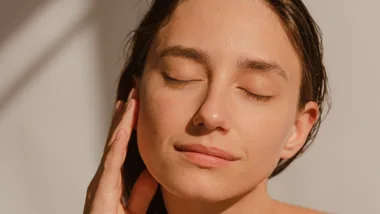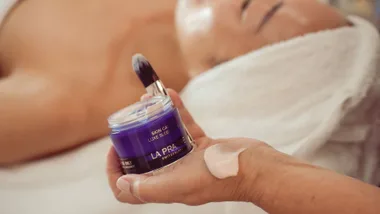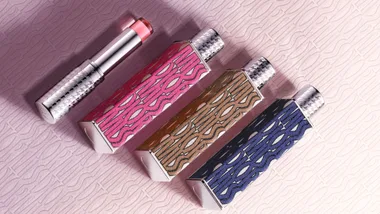While self-isolation has taken a lot of things away from us – our ability to see friends and family, our opportunity to travel, date night at our favourite local restaurant – the one thing we thought we could still hold on to was the prospect of fresh, thriving skin. Less makeup, 24/7 commitment to our skincare routine, reduced sun exposure and a ban on face touching; it seemed like the perfect recipe for our best skin yet.
So, can someone please explain why it’s doing the absolute opposite? Our skin is having a complete meltdown despite getting everything it’s ever wanted. At first, we thought this was all just an unfortunate coincidence, but as it turns out, we’re not the only ones feeling the wrath of self-isolation on our skin, and there’s a scientific reason why.
Dr Eleni Yiasemides, a consultant dermatologist specialist at SouthDerm, says that while ‘self-isolation skin’ isn’t exactly a technical term, our skin is adjusting to our new way of life just like we are.
“The Covid-19 virus has meant that most Australians have had to adapt and change their way of life to one that involves staying at home as much as possible. This has had an impact on everything from daily routines, work schedules, environmental exposures, stress levels, diet and skincare regimes,” says Dr Yiasemides.
“As a dermatologist, I have witnessed some patients experiencing the best skin they have had in years. For others, their skin has worsened.”
While it’s true that our new #stayathome lifestyle has encouraged better hygiene and skincare practices and facilitated more opportunities to exercise and get a better night’s sleep, an unprecedented increase in stress and anxiety can instantly reverse these improvements.
“Anxiety over job security, general uncertainty and fears about the virus and financial concerns can all cause changes in the stress hormones and these have a huge impact on the appearance of the skin. Increased stress, in particular, can make conditions such as acne, rosacea, psoriasis and eczema worse. Generally, most skin diseases are worsened or flared up by stress,” continues Dr Yiasemides.
Surprisingly, even overcomplicating your skincare regimen can have an adversely negative effect on your skin, as adding new products you’re not normally used to may cause irritation, allergy and worsening of underlying skin disease problems.
“In general, for most people, less is best! Keep the skincare simple. I suggest only introducing one new product at a time and you have to give it some time (at least 1-2 weeks but longer preferably) before adding anything further. Avoid over-cleansing as this dries out the skin leading to impaired barrier function of the skin. When the barrier is impaired it is more likely to get irritated, be sensitive, dry and itchy.”
Below, Dr Yiasemides runs us through her top tips for managing your skin during self-isolation.
Why is our skin more sensitive than usual?
While there’s been no clinical research conducted to confirm that our skin has become more sensitive in lockdown, Dr Yiasemides says that there are several external factors that have been heightened that could lead to more irritable skin.
“Higher stress leads to higher levels of stress hormones such as cortisone. This has a wide range of usually bad effects on the skin including increase flare-ups of pimples or acne, rosacea, eczema and psoriasis. Stress also leads to more bad behaviours like scratching or picking at the skin which injures the skin and causes more inflammation and risk of infection.”
“Overexposure to air conditioning, poor ventilation of rooms, taking hot long showers which dehydrate the skin, wearing clothing that doesn’t allow the skin to breath (eg. gym tights) can also have a negative impact on the skin. Believe it or not, not getting any sun (and hence no vitamin D) is also problematic. It’s important to find a balance, as no sun exposure is also not good for most either,” Dr Yiasemides explains.
How can we continue to manage our skincare routine without the assistance of our dermatologist?
“I suggest sticking to basics,” an ethos that Dr Yiasemides believes very strongly in. “The basics are to apply an appropriate sunscreen in the mornings or before you leave the house for exercise, and cleansing your skin with a soap-free gentle cleanser only once a day – preferably at night.”
“Stick to ingredients that have been proven to be effective and safe. Stick to products you know. If you have sensitive skin, stick to products designed to be hypoallergenic and non-irritating.”
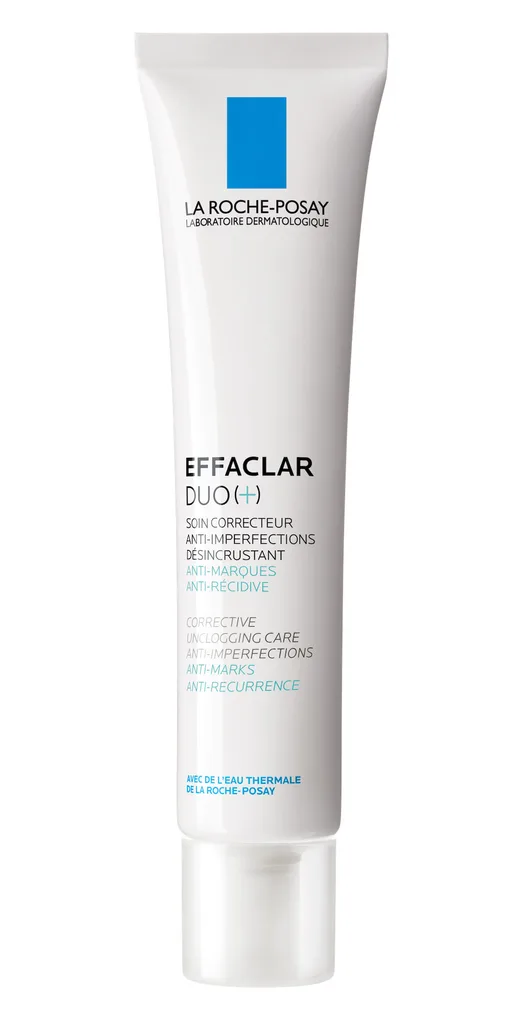
La Roche-Posay Effacler Duo+, $32; priceline.com.au
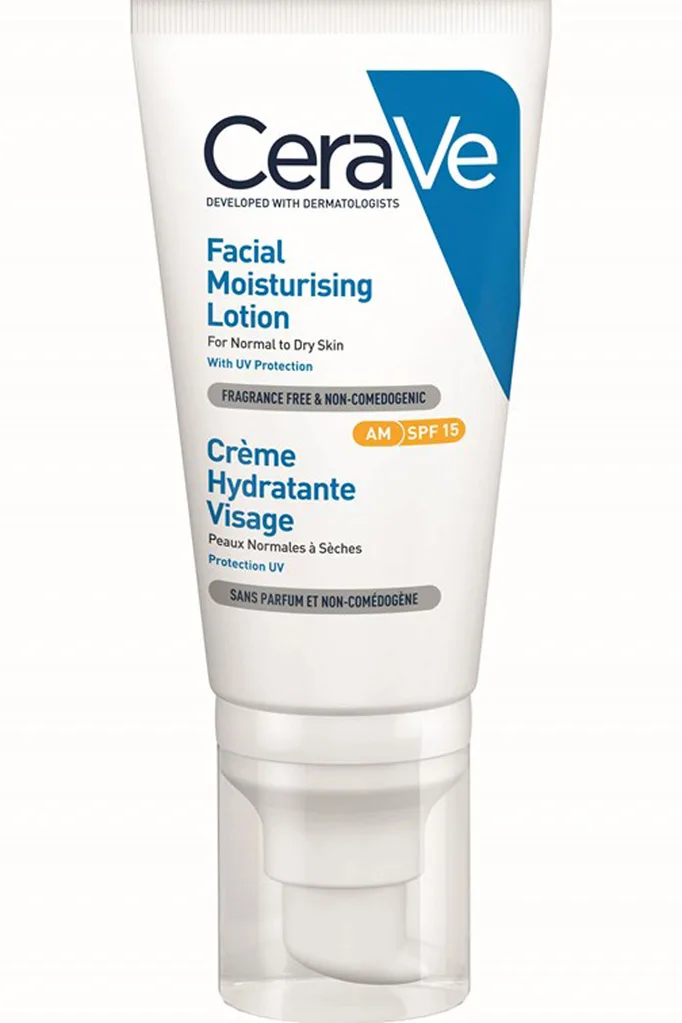
CeraVe Facial Moisturising Lotion SPF 15, $23; chemistwarehouse.com.au
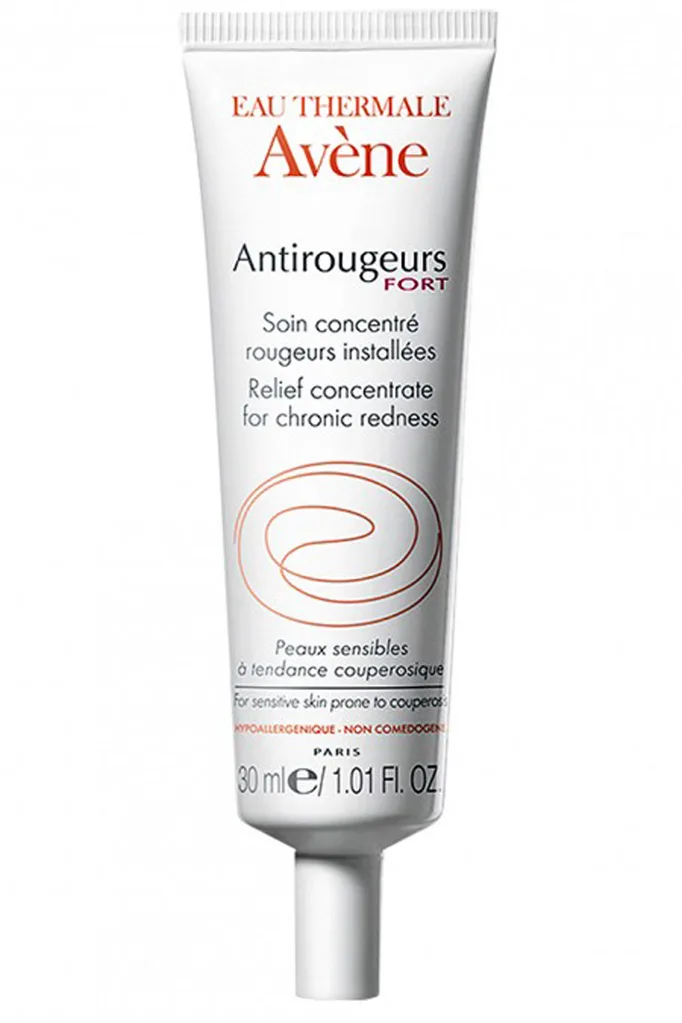
Avène Antirougeurs Fort Relief Concentrate, $42; priceline.com.au
What products should we be steering clear of?
While it might seem enticing to purchase your skincare from overseas websites, Dr Yiasemides stresses the importance of sticking to products that have met the Australian TGA (therapeutic goods administration) guidelines.
“The TGA is there for a reason – it makes sure that products sold are labelled correctly and are safe. Stick to brands that are sold in Australian pharmacists or reputable Australian stores. And if you’re ever uncertain about the reputability of a product, seek further information from online sources such as the Australasian College of Dermatologists website.“
“Never buy a product because it is endorsed or promoted by your favourite celebrity; instead, base your decision on professional advice and online resources backed by real scientific data.”
Her parting advice? Always to remember that everyone’s skin is different. What might work for you, probably won’t work for your best friend or sister – and visa versa.
“Listen to your skin and what it needs. Nobody knows your skin better than you do. Treat it with kindness and respect. If in doubt remember – less is best!”

